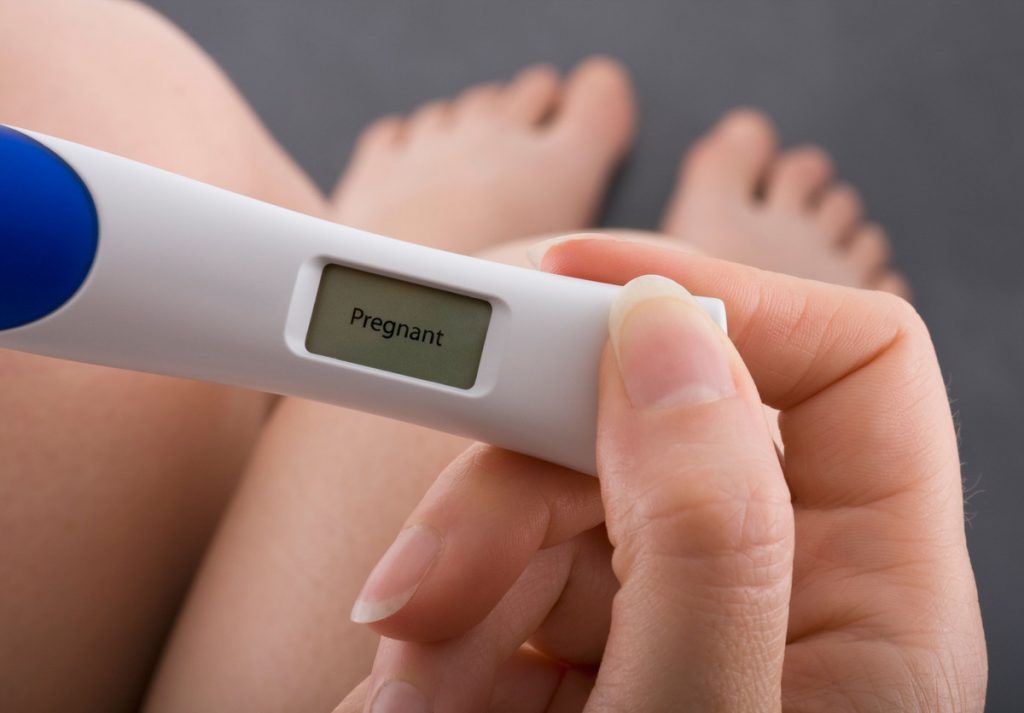Before going for pregnancy tests or ultrasounds a woman can determine her conception with early signs. Even experienced women around her can roughly presume by the symptoms.
There are many other signs and symptoms of pregnancy other than the missed period. It is sometimes difficult to determine this correctly without any medical tests. Because these signs and symptoms are analogous to some common conditions.
Read also: Pregnancy: How does it occur?
Here is the write-up including all the early signs and symptoms of pregnancy. Take a note that all women will not have the same symptoms they vary among different women.
They may vary in quality or severity, and even the same woman may not experience the same symptoms in every pregnancy. It is also not necessary to have symptoms also. Let’s learn about them.
When do you experience early signs?
Some of the mums may experience early signs and symptoms within the first weeks of conception in the first trimester. Whereas others may develop symptoms later on in the pregnancy.
The first week of pregnancy is based on the date of your last menstrual period. Your last menstrual period is considered week 1 of pregnancy, even if you weren’t actually pregnant yet.
What are the early signs and symptoms of pregnancy?
Certain early signs, like the absence of menstruation and weight gain, are common to all pregnancies. Pregnancy symptoms can also vary in their severity, frequency, and duration.
1. Tender, swollen, or sore breasts
Many women experience changes in the breasts earliest of the first weeks of conception. These changes can be felt as soreness, tenderness, heaviness, fullness, or a tingling sensation.
Breasts changes develop due to hormone changes. The discomfort typically decreases after several weeks when your body has adjusted to the hormones. Nipple and breast changes can also occur around week 11. Hormones continue to cause your breasts to grow.
2. Increased body temperature
A higher basal body temperature (Basal body temperature is your oral temperature when you first wake up in the morning) may be discovered as a sign of pregnancy. Your body’s core temperature may also increase more easily during exercise or in hot weather.
Basal body temperature increases slightly soon after ovulation and remains at that level until your next period. It continued increasing for more than two weeks may mean that you’re pregnant.
3. Fatigue
Fatigue is very nonspecific and may occur due to numerous factors. Pregnant women often describe feelings of fatigue from the earliest weeks. It can develop any time during pregnancy. This symptom is common in early pregnancy. Your progesterone levels will soar, which can make you feel sleepy.
Read also: 8 nutrients and food to Fight Fatigue
4. Nausea with or without Vomiting
The nausea of pregnancy can occur at any time of day. Some women never experience morning sickness, while others have severe nausea. Nausea and morning sickness usually develops around weeks 4 to 6. Although it’s called morning sickness. It can occur at any time during the day or night.
It’s unclear exactly what causes nausea and morning sickness, but hormones may play a role. Most women experience relief from the symptoms around the weeks 13 to 14, but others may have nausea persistent throughout the 9 months (hyperemesis gravidarum).
5. Increased heart rate
Increased blood flow due to the fetus happens later in pregnancy. Palpitations and arrhythmias are common in pregnancy. This is normally due to hormones. This symptom may occur around week 8 to 10.
Ideally, management starts before conception, but if you have an underlying heart problem, your doctor can help supervise low dosages of drugs.
Related: The exercise can make your heart pump longer
6. Mood Swings
Mood swings are common during the first trimester due to changing hormone levels. During pregnancy, estrogen and progesterone levels will be high. This increase can impact your mood and make you more emotional or reactive than usual. They may also be related to stress, irritability, or other factors.
Also read: Kick out stress from your system and say hello to happiness
7. Frequent urination
Due to hormonal changes around 6 to 8 week of pregnancy body increases the amount of blood it pumps. This causes the kidney to process more fluid than usual, which leads to more fluid in your bladder.
Hormones also play a large role in bladder health. If you find urination more frequent than usual and feel pain during urination you should see your health care provider.
8. Food cravings, food aversions, and smell sensitivity
It is the most common you have heard about and if you are mum then must have craved for different foods. Cravings may begin in early time and may last throughout the pregnancy. But it may be important, as smell sensitivity may trigger nausea and vomiting results in food aversions sometimes.
Smell sensitivity is a symptom of early pregnancy that is mostly self-reported during the first trimester.
